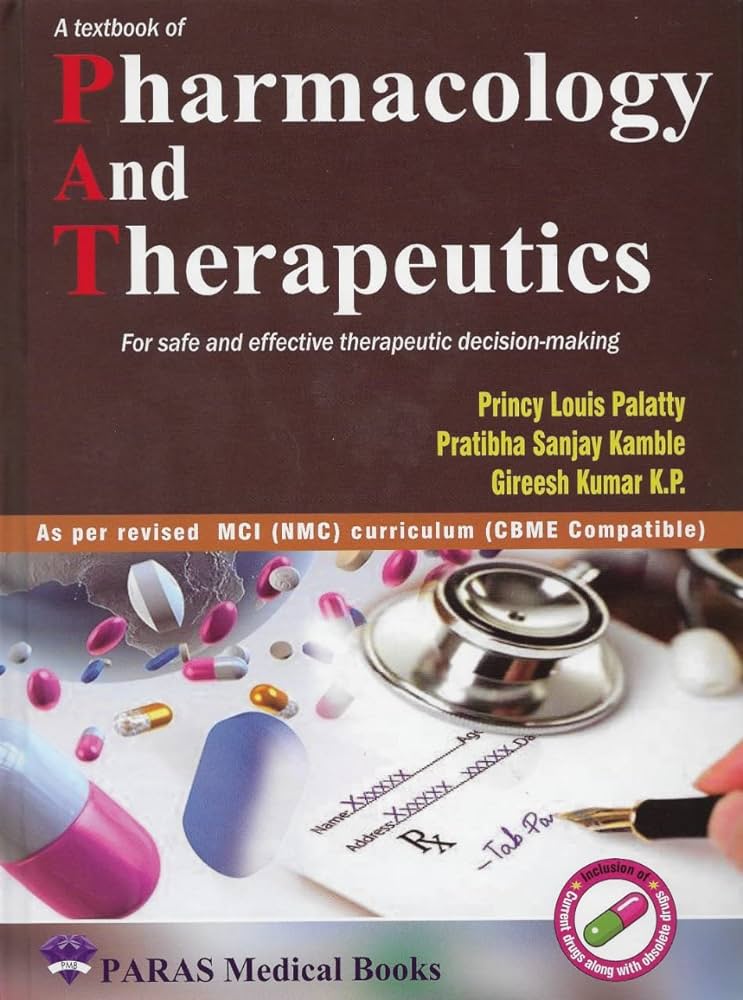乳腺癌患者轻脑膜疾病的治疗策略。
IF 12.5
1区 医学
Q1 PHARMACOLOGY & PHARMACY
引用次数: 0
摘要
轻脑膜病(LMD)与乳腺癌(BC)相关,其特征是转移性BC细胞侵入轻脑膜和脑脊液,这是一个重大的临床挑战。目前的管理策略不是治愈性的,而是旨在减缓与LMD相关的快速临床衰退,每种策略都有其自身的局限性。例如,全身化疗面临递送障碍,而鞘内给药直接针对疾病部位,但药物分布不均匀、毒性和疗效有限。放射治疗,包括全脑放射、立体定向放射外科和质子颅脊髓照射,虽然具有不同程度的毒性,但可提供姑息性缓解。在现有的治疗模式下,bc相关性LMD患者的预后仍然很差,因此迫切需要创新的治疗策略和给药系统。正在研究的新方法包括先进的放射技术、靶向治疗和新的免疫治疗方式,如溶瘤病毒。在此,我们研究了(1)不列颠哥伦比亚省LMD的当代治疗方法和(2)可能重塑这种破坏性疾病管理的有希望的新疗法。本文章由计算机程序翻译,如有差异,请以英文原文为准。
Treatment strategies for leptomeningeal disease in patients with breast cancer.
Leptomeningeal disease (LMD) associated with breast cancer (BC), characterized by the invasion of metastatic BC cells into the leptomeninges and cerebrospinal fluid, poses a significant clinical challenge. Current management strategies are not curative but rather aim to slow the rapid clinical decline associated with LMD, each with its own set of limitations. For instance, systemic chemotherapy faces delivery barriers while intrathecal administration directly targets the site of disease but struggles with uneven drug distribution, toxicity, and limited efficacy. Radiation therapy, including whole brain radiation, stereotactic radiosurgery, and proton craniospinal irradiation, offer palliative relief, though with varying levels of toxicity. The prognosis for patients with BC-associated LMD remains poor under existing treatment paradigms, highlighting an urgent need for innovative therapeutic strategies and delivery systems. Emerging approaches under investigation include advanced radiation techniques, targeted therapies, and novel immunotherapeutic modalities such as oncolytic viruses. Herein, we examine (1) contemporary treatment approaches for LMD in BC and (2) promising novel therapies that may reshape the management of this devastating condition.
求助全文
通过发布文献求助,成功后即可免费获取论文全文。
去求助
来源期刊
CiteScore
23.00
自引率
0.70%
发文量
222
审稿时长
90 days
期刊介绍:
Pharmacology & Therapeutics, in its 20th year, delivers lucid, critical, and authoritative reviews on current pharmacological topics.Articles, commissioned by the editor, follow specific author instructions.This journal maintains its scientific excellence and ranks among the top 10 most cited journals in pharmacology.

 求助内容:
求助内容: 应助结果提醒方式:
应助结果提醒方式:


